General de Gaulle officially announced the end of the Second World War to the French public on 8 May 1945.
Celebration of this day of victory changed considerably up until 1981, from which date a consensus was taken to make the 8th of May a bank holiday and national festival.
8 May 1945: end of the Second World War (1939-45)
On 7 May 1945, at 2.41 am, the German surrender was signed in Reims. Fighting was to cease on 8 May at 11.01 pm. The news was officially announced on 8 May at 3 pm. The following day, 9 May, at 16 minutes past midnight, the full surrender was signed in Berlin. The Soviets, in command of the city since 2 May, thought that the surrender in Reims was just a preliminary document. France, a co-signatory of the Allies on these two documents, was represented in Reims by General Sevez and in Berlin by General de Lattre de Tassigny. In Europe, the unconditional surrender of Nazi Germany brought an end to a six-year conflict that had left several tens of millions dead.
At 3 pm on 8 May, every church bell officially sounded the end of the war, whilst General de Gaulle made a radio broadcast. The general public was wild with joy. The afternoon of 8 May and the 9 May were declared special bank holidays. Crowds spilled out into the streets, singing the “Marseillaise” and patriotic songs. However, the date of the 8th of May did not mark the end of German military presence countrywide; the last pockets of resistance – Dunkirk, Lorient, Saint-Nazaire – not falling until the days following the surrender of the Reich. Most importantly though, the victory would erase neither the atrocities committed by Nazi Germany, nor the years in which the people had found themselves confronting choices that had divided them.
In 1945, General de Gaulle wanted to reunite the French people in great patriotic celebrations, such as commemorating the 16 May, for the festival of Joan of Arc, or 11 November. General de Gaulle on the one hand and, for different reasons the communists on the other, were in fact insistent that the nature of the two global conflicts was indistinguishable and therefore considered it better to celebrate a single victory. Until the mid 1950’s, the commemorations of the First World War would remain the most important. And so, originally the question was whether it was better to have a single day of commemoration for the two global conflicts or to celebrate both dates with the same formality. The various ways in which the 8 May 1945 was commemorated bore witness to this debate. 1946: Sunday 8 May, or the Sunday immediately after, was sanctioned by law for the celebration of victory Law no. 46-934 of 7 May 1946, voted in by the constituent Assembly under Félix Gouin’s provisional government, laid out the principal of commemoration of the victory and set the date for it. “A single article: Commemoration of the victory secured by the French and allied armies on 8 May 1945 will be celebrated on 8 May each year, if this date falls on a Sunday or, if not, on the first Sunday after this date.” The 8th of May is listed amongst other commemorative days, such as the 18th of June (anniversary of General de Gaulle’s address from London), the Liberation of Paris and, of course, the 11th of November, which bring the people together for major commemorative events.
However, whenever the victory commemoration was postponed to the following Sunday, it was immediately swallowed up in the festival of Joan of Arc, commemorated on the same day. Also, in 1947, associations of resistance fighters and deportees made it known that their wish was to see victory celebrated on its anniversary and organized their ceremony on this day. 1953: the 8th of May became a bank holiday Through law no. 53-225 of 20 March 1953, originating in parliament, the 8th of May became a bank holiday. Because of this, it came to be seen as a date symbolic of the Second World War, in the same way as the 11th of November was for the First World War. This agreement was achieved with difficulty, but was compromised by a certain number of events, such as the date coinciding with that of the Dien Bien Phu disaster in 1954 and the divisions caused by the war in Algeria in 1955, particularly the demonstrations by French Algerians demanding the return to power of General de Gaulle on 13 May 1958 …
1959: The second Sunday in May was officially designated a day for celebrating the victory In order to limit the number of bank holidays in May, decree no. 59-533 of 11 April 1959, in conjunction with the spirit of the law of 1946, planned for the victory of 1945 to be celebrated on the second Sunday in May. This decision led to several protests amongst ex-servicemen, who continued to commemorate the victory on the 8 May. Most of them did not attend the official ceremonies. 8 May 1965: a special bank holiday for the 20th anniversary of the victory By special dispensation, for the 20th anniversary, the 8 May 1965 was announced as an additional public holiday by the decree of the 1 April 1965.


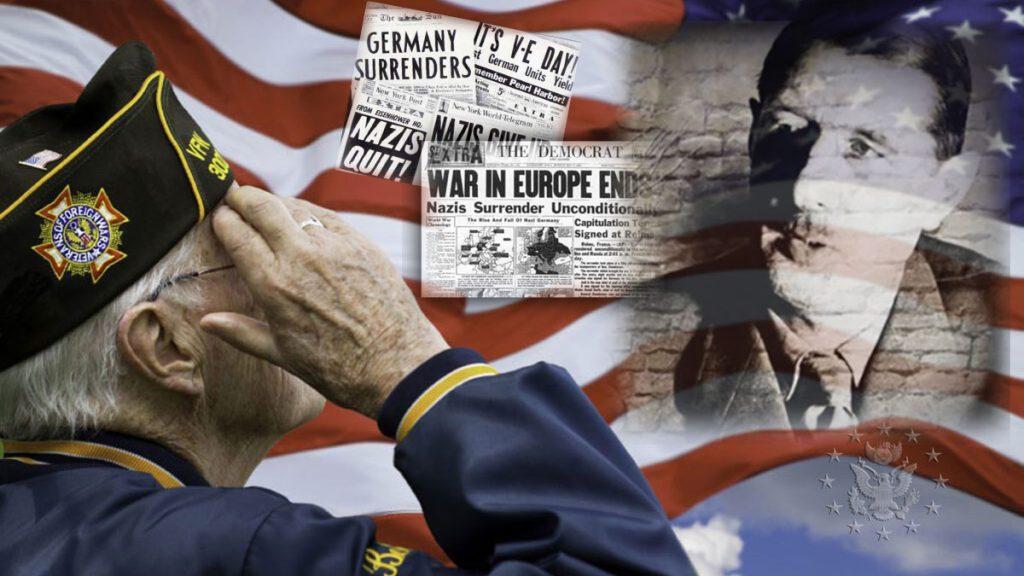
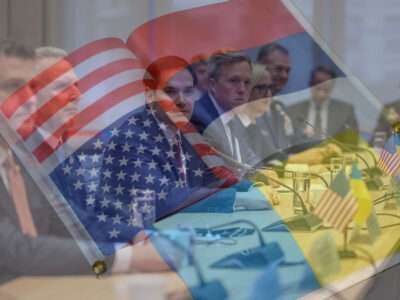
![[UPDATE-Day #47] Trump Warns Iran of 'Very Traumatic' Outcome if No Deal Reached Soon 3](https://ho1.us/wp-content/uploads/2026/02/Feb13_IranProtestBanner-400x300.jpg)
![[UPDATE-Feb 13, 2026-Israel-Iran War] Gaza-Hamas, Lebanon-Hezbollah, Syria: Real Time Reaction and Analysis 4](https://ho1.us/wp-content/uploads/2026/02/Feb13_SofIronBanner-400x300.jpg)

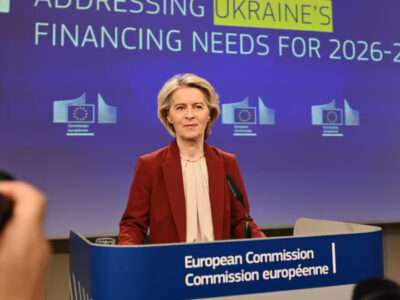
![[UPDATE-Oct 16] Hard Feeling of 'Déjà Vu' In Paris: Lecornu’s Government Mirrors Bayrou’s 7](https://ho1.us/wp-content/uploads/2025/10/Oct06_FranceLecornuGov-400x300.jpg)

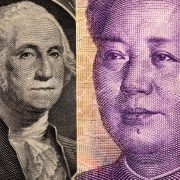

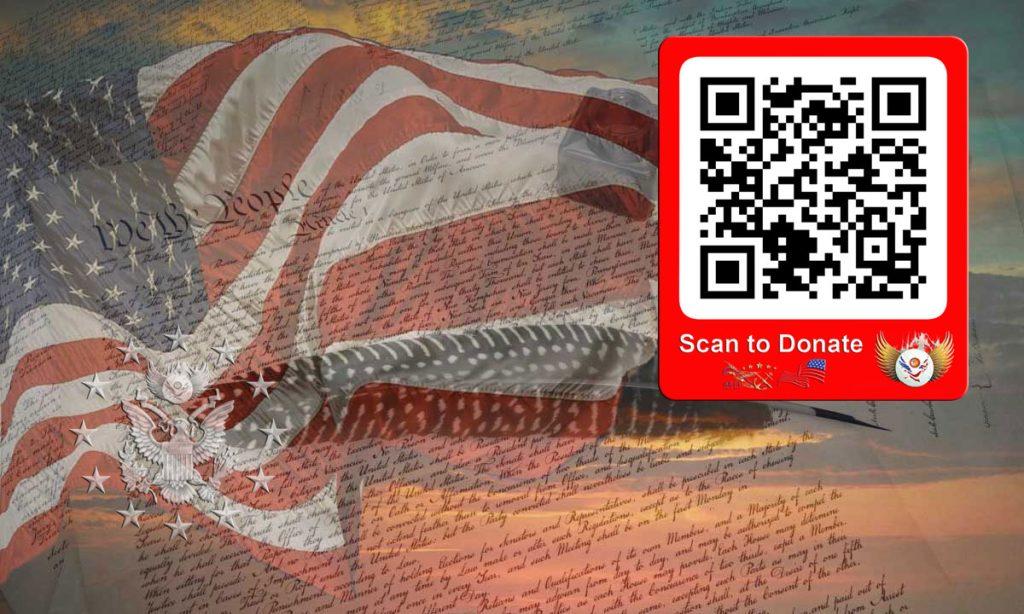











Comments